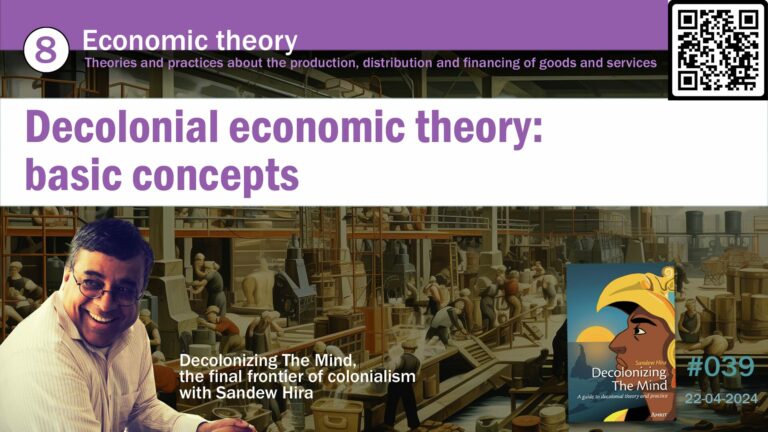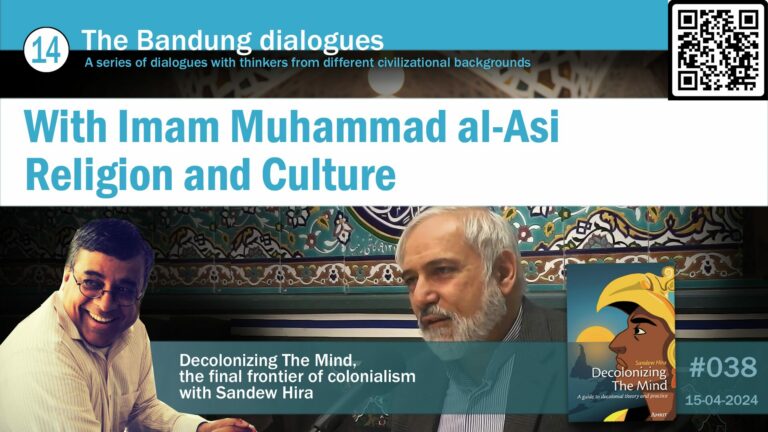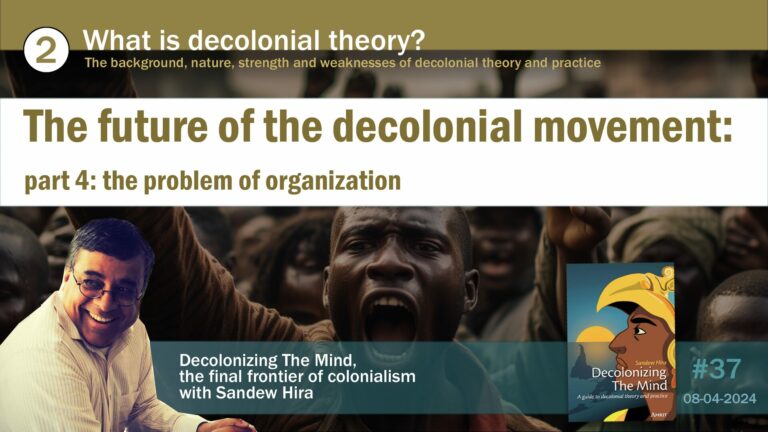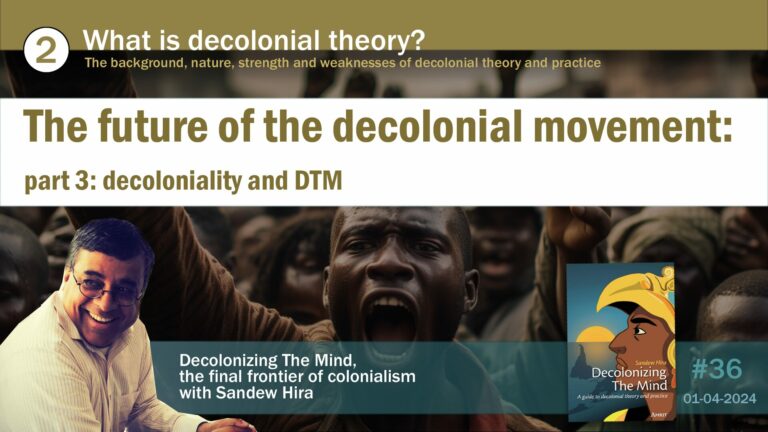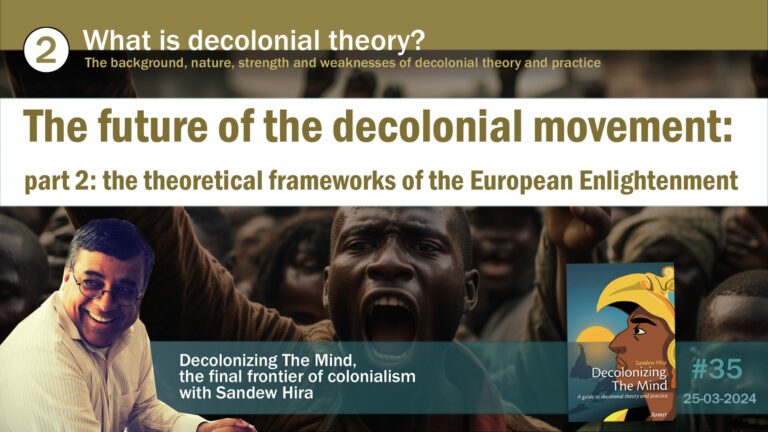From the Sea of Galilee to the Dead Sea and all along the River Jordan there is a need for cooperation over water. In the mountain aquifer under West Bank settlements there is conflict over its allocation. In fact, the World Bank just issued a report finding huge disparities in water use between Israelis and Palestinians.
Weeam Iriqat, a Palestinian woman who lives in Jericho, used to cross the River Jordan as a small girl. “The quantity of water was really high when you passed over the bridge.
Now when we go to Jordan we don’t feel there is a river. The future of our entire region concerns water. The next war will be about water.” Water straddles political boundaries in the region and over the years there have been clashes.
In fact, water was a factor in the Six Day War in 1967. The River Jordan is a vital lifeline to Israel, Palestine, Jordan and Syria. People depend on it for health, industrial productivity and agriculture.
No where is the crisis more apparent than on the River Jordan, the waterway that is a holy spot for Christians, Muslims and Jews.
Ninety percent of the water in the river has been diverted, half of it to Israel for agriculture.
What has complicated the scenario is that farming accounts for only 2% of Israel’s GNP.
Israel’s settlements are green and flourishing and growing Palestinian villages are drying up even though there are more people desperate for water.
The Dead Sea has shrunk by 30% in the last 50 years. Meanwhile, Jordan and Syria are still fuming because Israel transferred water from the Sea of Galilee and the River Jordan a generation ago to make the Negev desert bloom and turn Israel into the dynamic country that it is.
At the same time Jordan and Syria diverted water from key tributaries leading into the river Jordan, further depleting the river and its abilities to be sustainable for the future. Political divisiveness is making it difficult to maintain and construct sewage and water projects.
Israelis say they have boosted the fresh water supply to the Palestinians by three times the amount used there in 1967. The total consumption of fresh natural water in Israel rose from 1967 to 2006 by nearly 700%. Water consumption in the West Bank rose during the same period by 2300% for the growing population.
“The bottom line is there is a severe water crisis out there, predominantly on the Palestinian side, and it will be felt even worse during this coming summer,” says Gidon Bromberg who heads Friends of the Earth Middle East, (http://www.foeme.org) which is a unique collaboration of Israelis, Palestinians and Jordanians cooperating on solving the water issues in the region. Gidon Bromberg, an Israeli, Nadeer Khateeb, a Palestinian, and Munqeth Mehyar, a Jordanian are working together as the leaders from each nation to solve the region’s water issues while creating the necessary conditions for lasting peace in the region.
There is a peace island on the river and Friends of the Earth Middle East is trying to expand the zone’s special status.
Mayors from Israeli, Palestinian and Jordanian communities along the river are joining together to honor peace agreements calling for protection from pollution and recognition of the disparity in standards of living on each side of the river.
One specific example of cooperation is along the Green Line between the West Bank and Israel.
Israelis built a water treatment plant while Palestinians a stones throw away had waste running into their water. With one pipe they are connecting their sewage systems together and both will see the benefits.
The Palestinian mayor will buy back treated water for agriculture and the Israelis will make money selling the water. They don’t love each other but they are cooperating. Where political solutions are difficult, grassroots solutions for the mutual benefit of communities are leading to co-existence and cooperation.
Of course it is not simple. Everything is political in the region and all attempts at peace are exacerbated by the ongoing conflict, walls, checkpoints, settlements, the very existence of Israel, etc.
The development of water-sucking West Bank settlements like Ma’aleh Adumim and the proposed expansion into another called Mevesseret Adumim, threatens to blow attempts at peace between Israelis and Palestinians out of the water.
On a clear day you can see the mountains beyond the Jordan river from there.
You can also see the contrast between the lushness of Ma’aleh Adumim and its Palestinian neighbor, Azariyah, which both get their water from an underground aquifer.
Even so, those who are working to make the allocation of water more equitable, say the River Jordan has historically been the site for exchange between peoples, cultures and ideas and the interaction must continue between Israelis, Palestinians and Jordanians, all who have a stake in water and peace.
By: Vicky Collins, EZINEARTICLES.COM
[photo:reuters.com]


